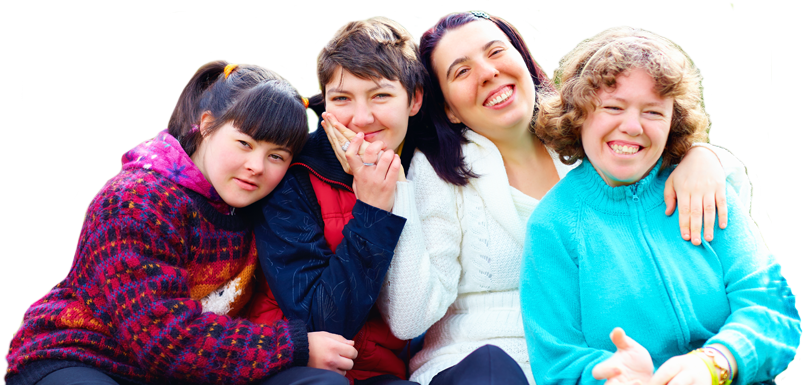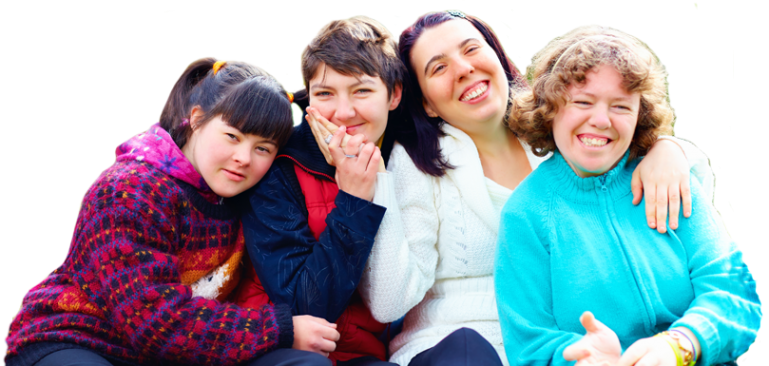DRC gains important rights for people with developmental disabilities

DRC gains important rights for people with developmental disabilities
President Ronald Reagan proclaimed March as Developmental Disabilities Awareness Month in 1987. It highlights the inclusion of people with developmental disabilities in all areas of life, including education, employment and community living.
DRC gains important rights for people with developmental disabilities

President Ronald Reagan proclaimed March as Developmental Disabilities Awareness Month in 1987. It highlights the inclusion of people with developmental disabilities in all areas of life, including education, employment and community living.

Disability Rights California (DRC) has long advocated for people with developmental disabilities by supporting the closure of state developmental centers. DRC helps clients transition from these centers to the community with appropriate living arrangements and supports.
In 1993, the San Francisco Superior Court approved the settlement in DRC’s class action, Coffelt v. Department of Developmental Services. The settlement called for – and funded -- a five-year plan in which the Department of Developmental Services (DDS) and the regional centers were required to provide community living arrangements and help 2,000 individuals move into the community. The settlement also included a new service model, supported living, which allowed regional center consumers to live in their own home with supports.
In 2015, DDS announced plans to close the remaining developmental centers and transition each resident into the community with appropriate supports by 2021. This decision came after federal findings about the quality of care at developmental centers and the case Capitol People First v. Department of Developmental Services.
One of the beneficiaries of this work is Edwin Sharp. He spent 40 years at Sonoma Developmental Center before moving into a Bay Area apartment in the fall of 2014. Sharp is enjoying his new life, visiting stores and having his own bedroom.
With the closure of state developmental centers, DRC’s work has expanded to ensure that individuals living in community institutions receive the services and supports they need to move to a community home that provides more opportunities for inclusion. The Office of Clients’ Rights Advocacy helped Louie, a young man who lived in a locked community institution since 2014. He wanted to leave the locked facility, but his regional center said he was not ready. Following an independent assessment, everyone agreed Louie could move. Finding a new home took a long time with challenges finding a provider and licensing delays. Louie finally moved out of the community institution. He is thriving in the community. Louie and his family are eager for him to become even more independent.
DRC also works to ensure people with disabilities can get real jobs with real pay. We worked with three state agencies to develop the “California Competitive Integrated Employment Blueprint.” It provides opportunities for Californians with intellectual and developmental disabilities, regardless of the severity of their disability, to prepare for and participate in competitive integrated employment.
This agreement will benefit clients like Charles McCaron. His regional center and the California Department of Rehabilitation did not help him get a job in the community although he graduated from his high school’s special education program. Instead, he spent many years working in a sheltered workshop earning just 33 cents an hour. Today, he works in a Farrell’s Ice Cream Parlor after receiving job development and coaching services from Progressive Employment Concept. He was promoted from a dishwasher to a waiter and now earns $10 an hour.
MAKE A DONATION
Please give. To the best of your ability.







